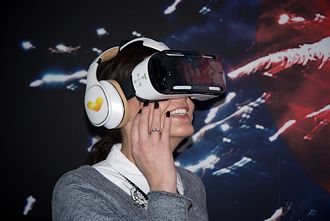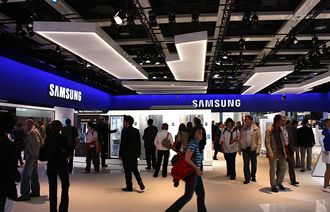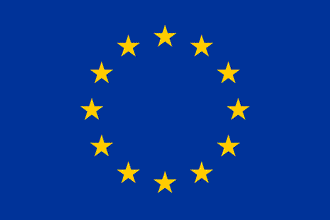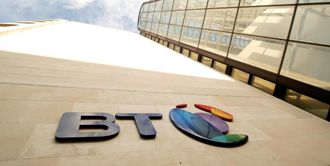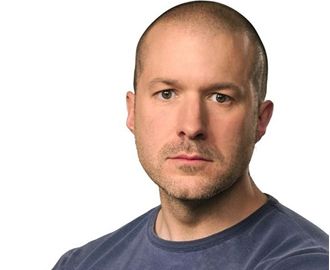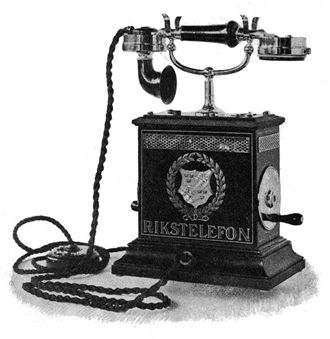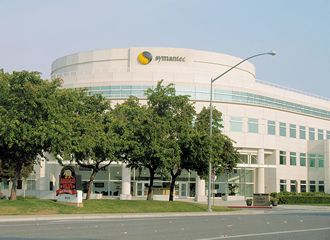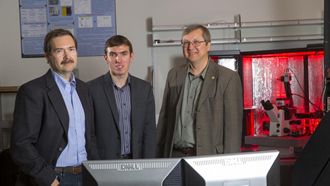 A team at the Nebraska Lincoln University has created a mixture of ammonia and graphene to improve properties that will be used in next gen memory technology.
A team at the Nebraska Lincoln University has created a mixture of ammonia and graphene to improve properties that will be used in next gen memory technology.
The team have created a better memory structure called a ferroelectric tunnel junction.
This junction uses a ferroelectric layer thin enough that electrons can tunnel through it. The switch comes because the layer lies in between two electrodes that can reverse the direction of its polarisation – creating the zero and ones used in binary computing.
Graphene, a type of carbon, is the basis of the ferroelectric junction with the electrodes only an atom thick and by experimenting with ammonia the team was able to demonstrate a clear difference between the zeros and the ones.
Alexei Gruverman, a professor of physics, claimed: “This is one of the most important differences between previous technology that has already been commercialised and this emergent ferroelectric technology.”
Ferroelectric memory is non volatile even without an external power source but Gruverman claimed the team’s graphene-ammonia combo improve the stability of the junction’s polarisation.
Pictured here are left to right, University of Nebraska-Lincoln scientists Alexei Gruverman, Alexander Sinitskii and Evgeny Tsymbal .
